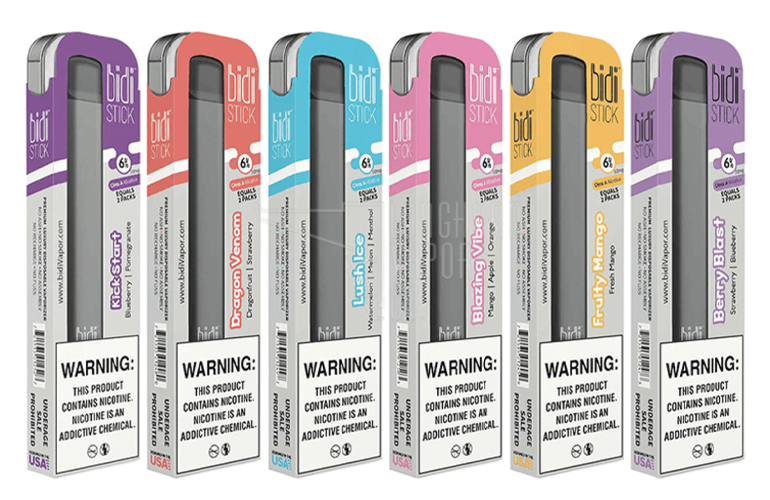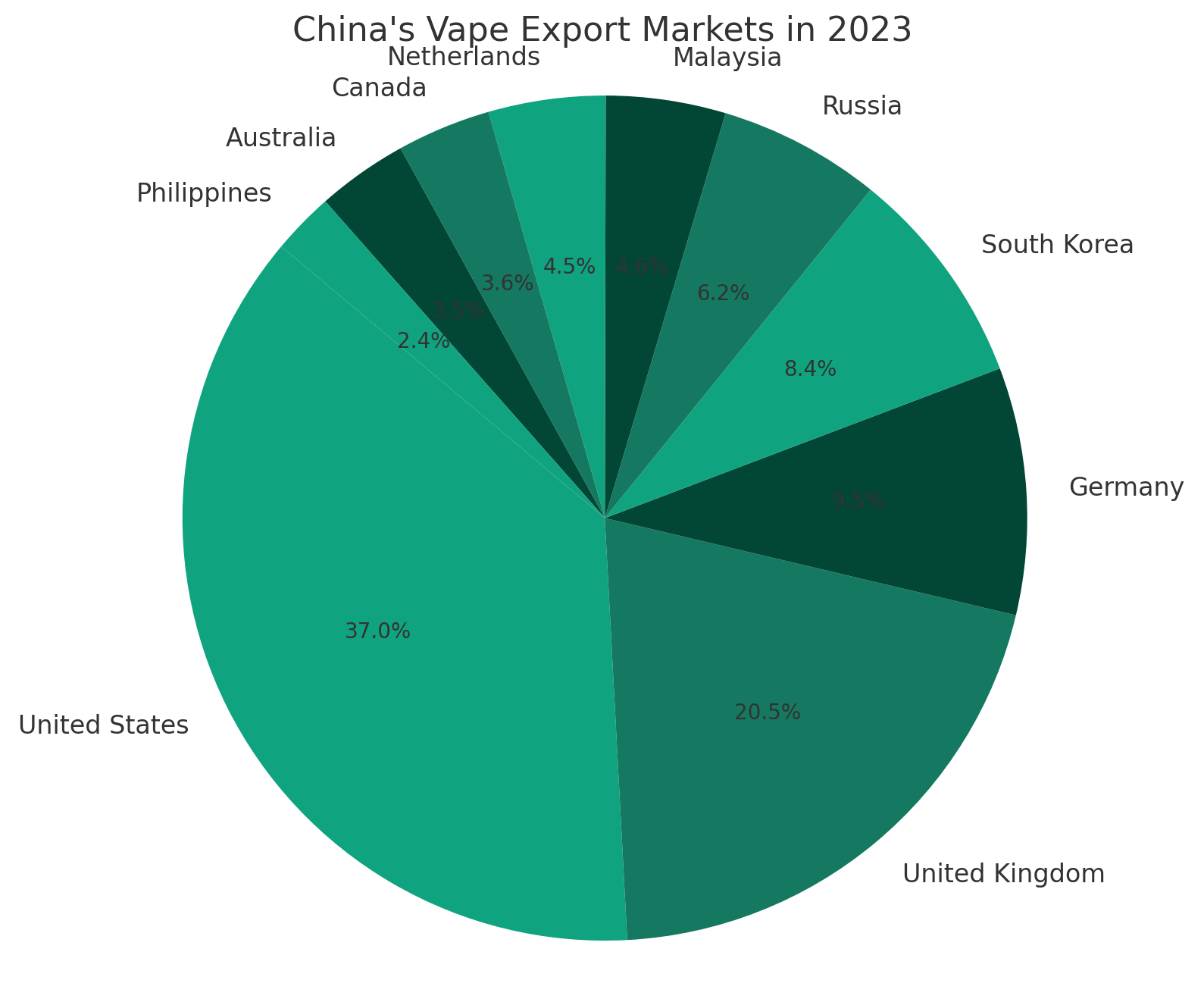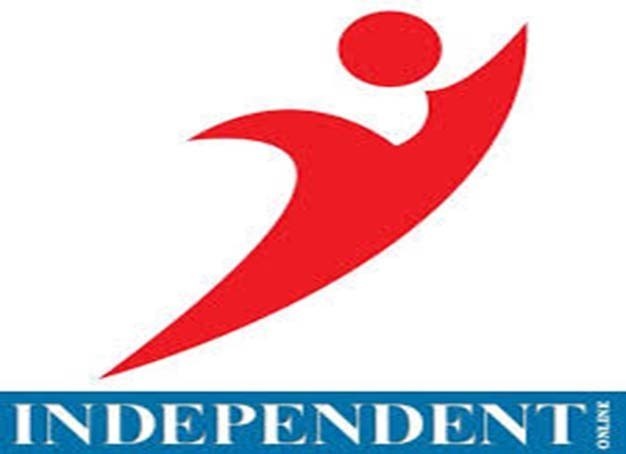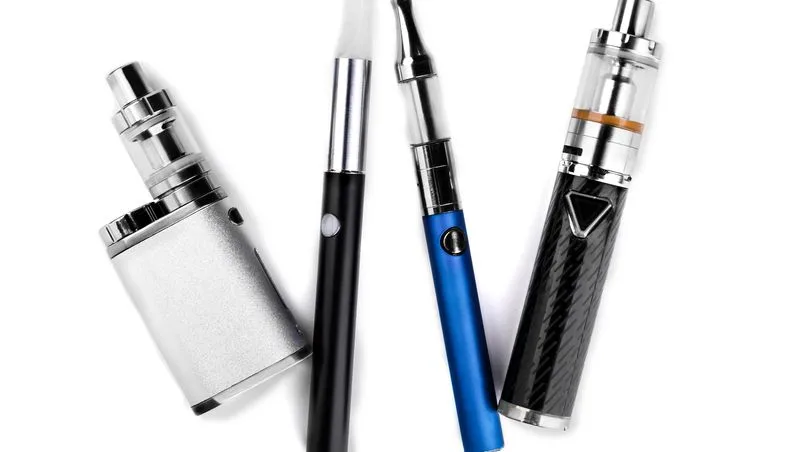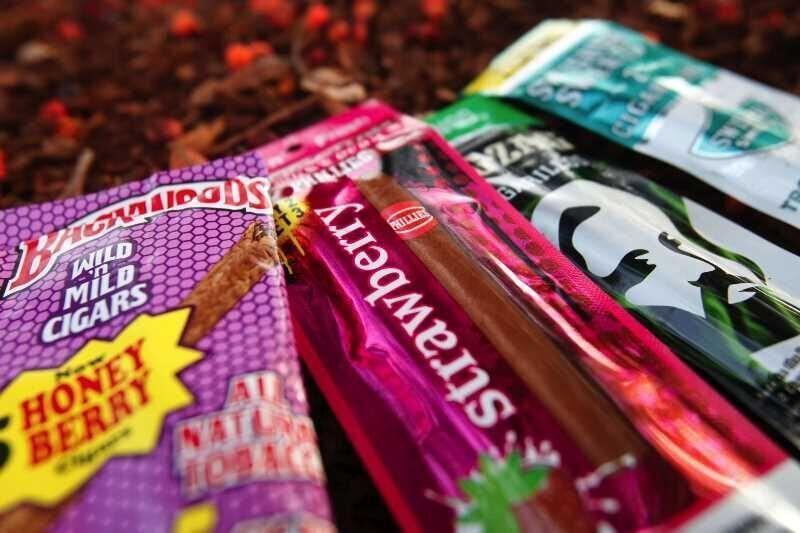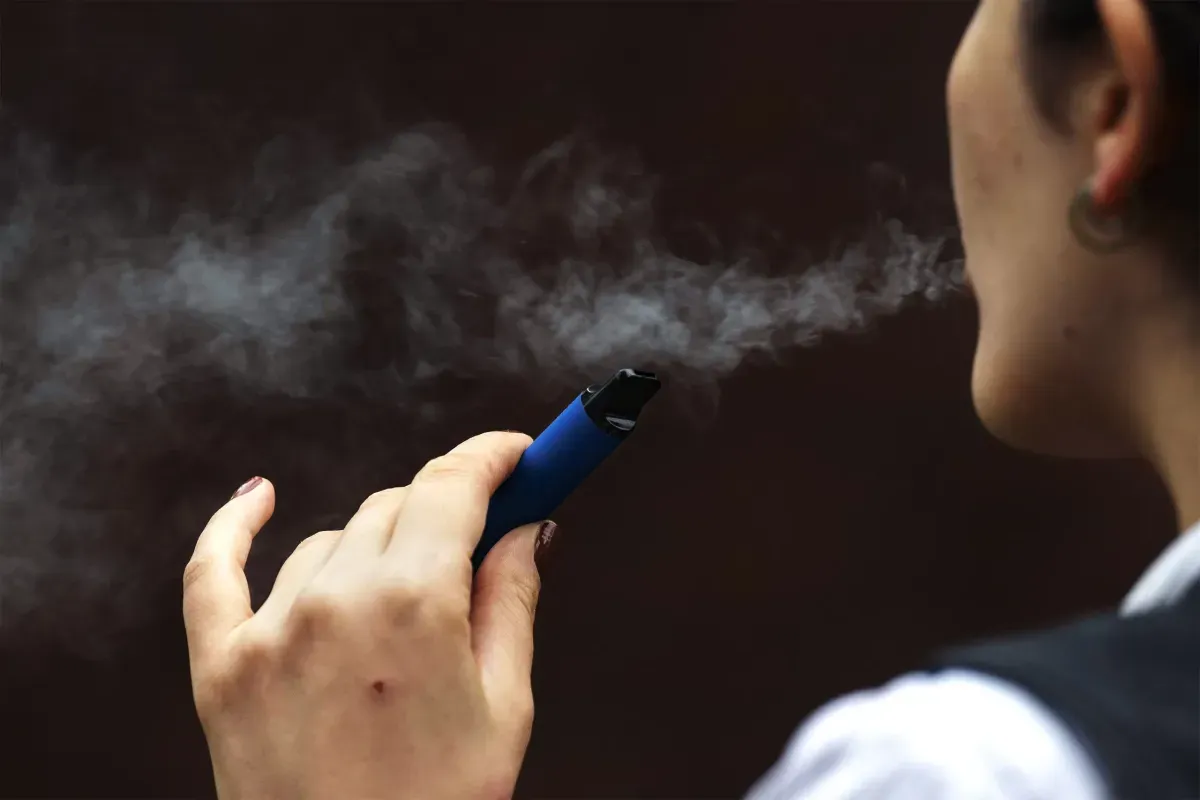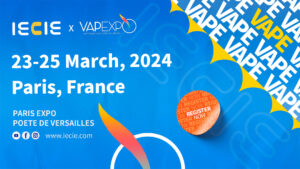According to a report by Businessdailyafrica on January 4th, British American Tobacco Kenya (BAT) is actively promoting its nicotine pouch product, Velo, indicating that the company and the government have found common ground in regulating this commodity.

British American Tobacco (BAT) introduced this product in Kenya in 2019 under the brand name Lyft, with the aim of diversifying their product line and combating the increasing global regulatory and tax pressures on cigarette products. However, in 2020, the government highlighted that this product should be regulated as a tobacco product, leading BAT to halt the marketing of the product, despite having already established a production factory in Kenya.
The company stated that it rebranded this product as Velo in 2022 and started promoting it nationwide. Government officials also mentioned working on regulations to accommodate this new product and similar offerings from other market participants.
British American Tobacco (BAT) states that in Pakistan, there has been robust growth for their brand Velo, with an increase in consumer numbers and an average daily consumption of nearly 5 packs. Furthermore, they have successfully conducted pilot tests in Kenya and are now accelerating their nationwide promotion efforts.
British American Tobacco (BAT) has announced plans to eventually produce smokeless tobacco nicotine pouches in the country. To achieve this, the company intends to utilize a factory worth 2.5 billion Kenyan Shillings ($15.87 million). However, due to regulatory uncertainty, the factory has remained idle. BAT stated, “Although the factory was constructed in 2021, it is still awaiting regulatory approval and has yet to commence operations.
Currently, the major sources of revenue for BAT are the sale of cigarettes and semi-processed tobacco, both in the domestic and export markets. The company achieved a net profit of 2.8 billion Kenyan shillings ($17.78 million) in the first half of the year ending in June, slightly down from the previous year’s 2.9 billion. During the same period, net sales also decreased from 14 billion to 13.1 billion Kenyan shillings ($83.17 million).


